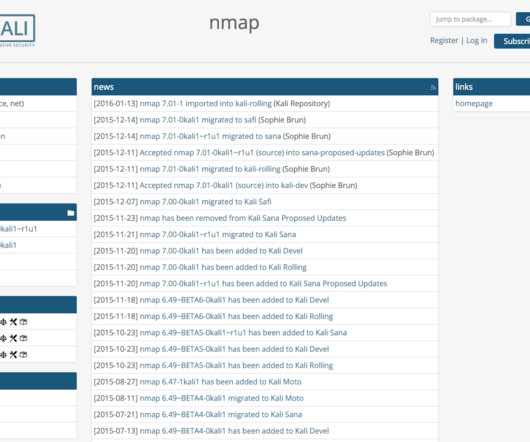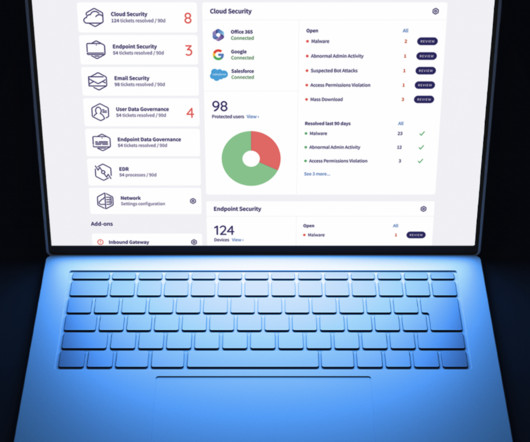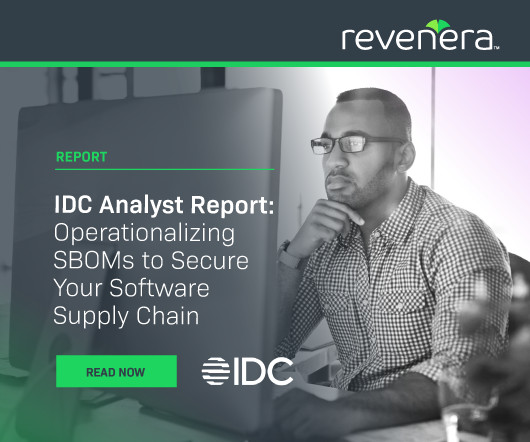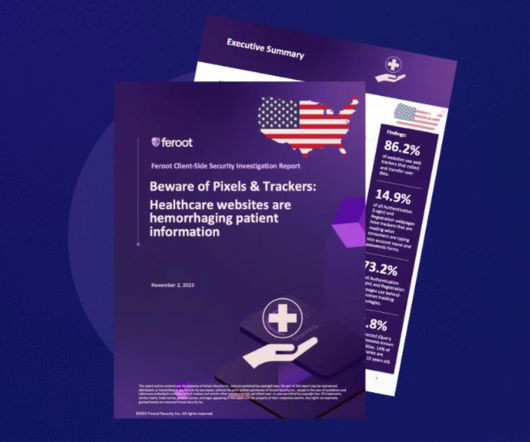Kali Linux 2016.1 Release - Rolling Edition
Kali Linux
JANUARY 20, 2016
Our First Release of Kali-Rolling (2016.1) Today marks an important milestone for us with the first public release of our Kali Linux rolling distribution. Kali switched to a rolling release model back when we hit version 2.0 (codename), however the rolling release was only available via an upgrade from 2.0 to kali-rolling for a select brave group. After 5 months of testing our rolling distribution (and its supporting infrastructure), we’re confident in its reliability - giving our users th
























Let's personalize your content